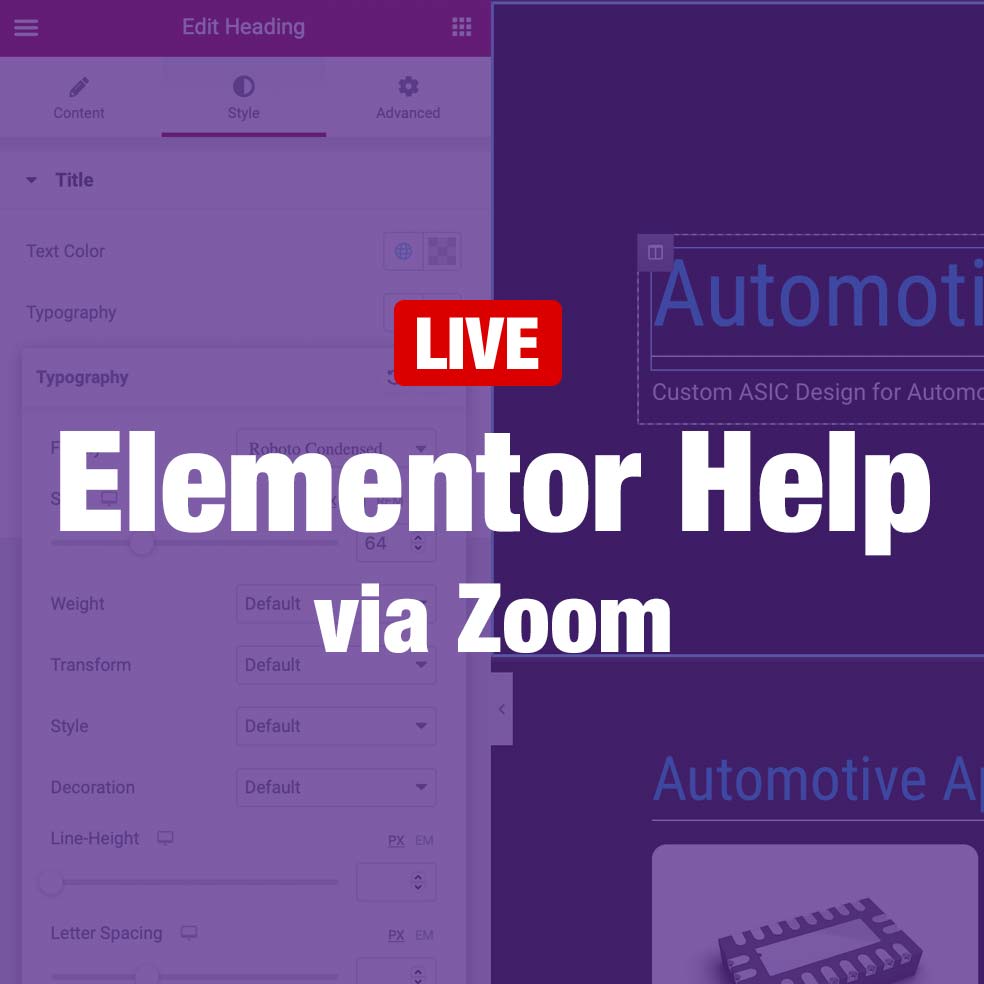Change is on the horizon for how we write posts and pages inside WordPress. The Gutenberg project aims to provide a new WordPress writing experience that will make it easy to craft content with rich layouts.
Earlier this week, WP Tavern linked to Morten Rand-Hendriksen’s post discussing how Gutenberg will shape the future of WordPress. The post provides Morten’s take on how he sees Gutenberg radically changing how WordPress works, from how end users create content to how developers build themes and plugins.
However, given the above, what I find most notable about the WP Tavern piece are the comments. In particular, Matt Mullenweg, founding developer of WordPress and CEO of Automattic, contributes in several places. In his first comment, he lays out the vision for how Gutenberg will benefit various WordPress stakeholders:
Developers and agencies will be able to create interactive templates that clients can easily add to and update without breaking things or having to figure out custom post types, for example imagine an “employee” custom block that you can put on the about page that includes a picture, name, and bio. They’ll be able to replace most meta boxes. They’ll probably also get a chance to update old code or clients to work in this new paradigm.
Plugin developers will have a way to completely integrate into every part of WP including posts, pages, CPTs, and sidebars without having to hack TinyMCE or squeeze their entire feature behind a toolbar button. Blocks provide a single, easy-to-learn entry point for an incredible variety of ways to extend WordPress, where today almost every plugin that really extends WP does it in a different way. Instead of copying and pasting shortcodes users will be able to easily insert and move around anything from a contact form to a store item. They’ll have different steps they can hook into instead of trying to stuff everything in meta boxes.
Theme developers won’t need to bundle tons of plugins or try to make their own page builders any more, there will be a standard and portable way to include rich layouts for posts and guide people through filling out page templates right in the interface, not with 20-step tutorials or long videos. Every theme will be able to compete with the giant Themeforest themes that do a million things without locking users in or compromising the experience.
Core developers will be able to work in modern technologies and not worry about 15 years of backwards compatibility on the write screen. We’ll be able to simplify how menus, widgets, and the editor work to use a common set of code and concepts. The interface will be instantly responsive and feel fast.
Web hosts will have better signup rates as Gutenberg opens up WordPress to an entirely new set of people for whom WP was too complex and hard to set up before. (Remember our goal: to democratize publishing.) Their churn rates will go down as they stop bleeding customers to Wix / Weebly / Squarespace, or people stop abandoning their site because they never got it to look the way they wanted. They won’t have to try to hack WP to make it accessible to a wider audience anymore.
Users will finally be able to build the sites they imagine and express their creativity. They will be able to do things on mobile and touch devices they have never been able to before. They’ll never have to see a shortcode again. Pasting from Word or Google Docs or Office365 will get cleaned up and converted to blocks instantly. They’ll start enhancing their posts and pages in ways they thought they would need to learn HTML or hire a developer to do. They’ll be able to move from blogging to using WP as a CMS without missing a beat. Editing posts will just work and stuff won’t move randomly or get stuck in part of the WYSIWYG. They’ll write more. They’ll learn blocks once and then be able to instantly use and understand 90%+ of plugins.
I’ve tried out Gutenberg on this blog a little bit, and the promise of having a standardized interface and API for providing GUI for shortcodes I write is what excites me most. Whenever I’ve dealt with page builders in WordPress, I’ve found many of my clients get frustrated because they provide too much freedom. All the components simply allow them to build ugly pages in a quicker fashion. With Gutenberg, I see a development path that will allow me to engineer page building solutions with just the right combination of freedoms and constraints for my clients.

1 Comment
1 Pingback